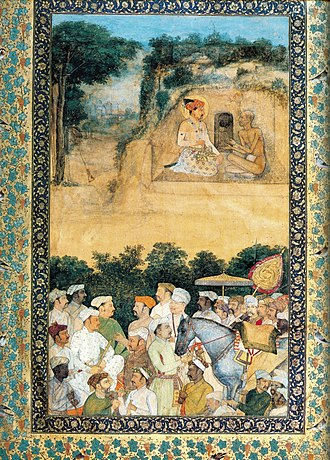
It was August 23, 1965 when the unthinkable happened in Calcutta. The State govt. announced a blanket ban on production of chhena based sweets like rosogolla and sandesh. For the sweet loving Calcuttan, it was a gut punch like no other (1/n)
West Bengal's CM Prafulla Chandra Sen, a veteran Gandhian, came on the local station of AIR and explained the need for this drastic measure. West Bengal's milk production was 3 ounces per capita vs. 17 ounces/capita in Punjab, he said (2/n)
With the Indian currency in a precarious position, importing milk powder was not feasible for the state. Sen stated that milk thus had to go to priority sector first - children and mothers - than for pleasure items (3/n)
Despite PC Sen's attempt to explain the need of the drastic act, the situation unfolded disastrously. There was outrage among the common man at being denied their favorite sweet delicacies (4/n)
For the trade community as well, it came as a hard blow. Several small businesses struggled to survive. It was estimated that close to 40,000 workers faced loss of jobs due to this ban. PC Sen tried to counter by promoting alternates (5/n)
He promised extra supplies of sugar and flour to make more non-milk items like nimki, singara, kachuri etc. However, it had little effect. Some large sweet shops challenged the ban in Calcutta HC which ordered the govt. to withdraw the same (6/n)
Sen was not going to backdown. Two days after the HC order, he announced extension of the ban across the entire state. The sweet shop owners again challenged it in court. As the matter was being deliberated in court, Sen again came on air (7/n)
He delivered an emotional speech, justifying the need of the ban. At one point, caught up in sentiments, he said in the current situation of the state, making sweets with milk was akin to a crime (8/n)
It invited the wrath of the HC on PC Sen. Although he was let off from the charge of committing contempt of court, but he did get a stern warning. Sen went to Supreme Court to argue his case but suffered a set back there as well (9/n)
In the elections of 1967, the Congress was ousted from power as the 1st United Front govt. took office. PC Sen himself lost in the election. His political stature received a body blow from which it never fully recovered (10/n)
Although the "rosogolla" ban was hardly the only reason for his downfall, Sen's example should serve as an example for politicians trying to tamper with peoples' food choices by force (11/n)
Acknowledgements: economictimes.indiatimes.com/news/politics-…
• • •
Missing some Tweet in this thread? You can try to
force a refresh











